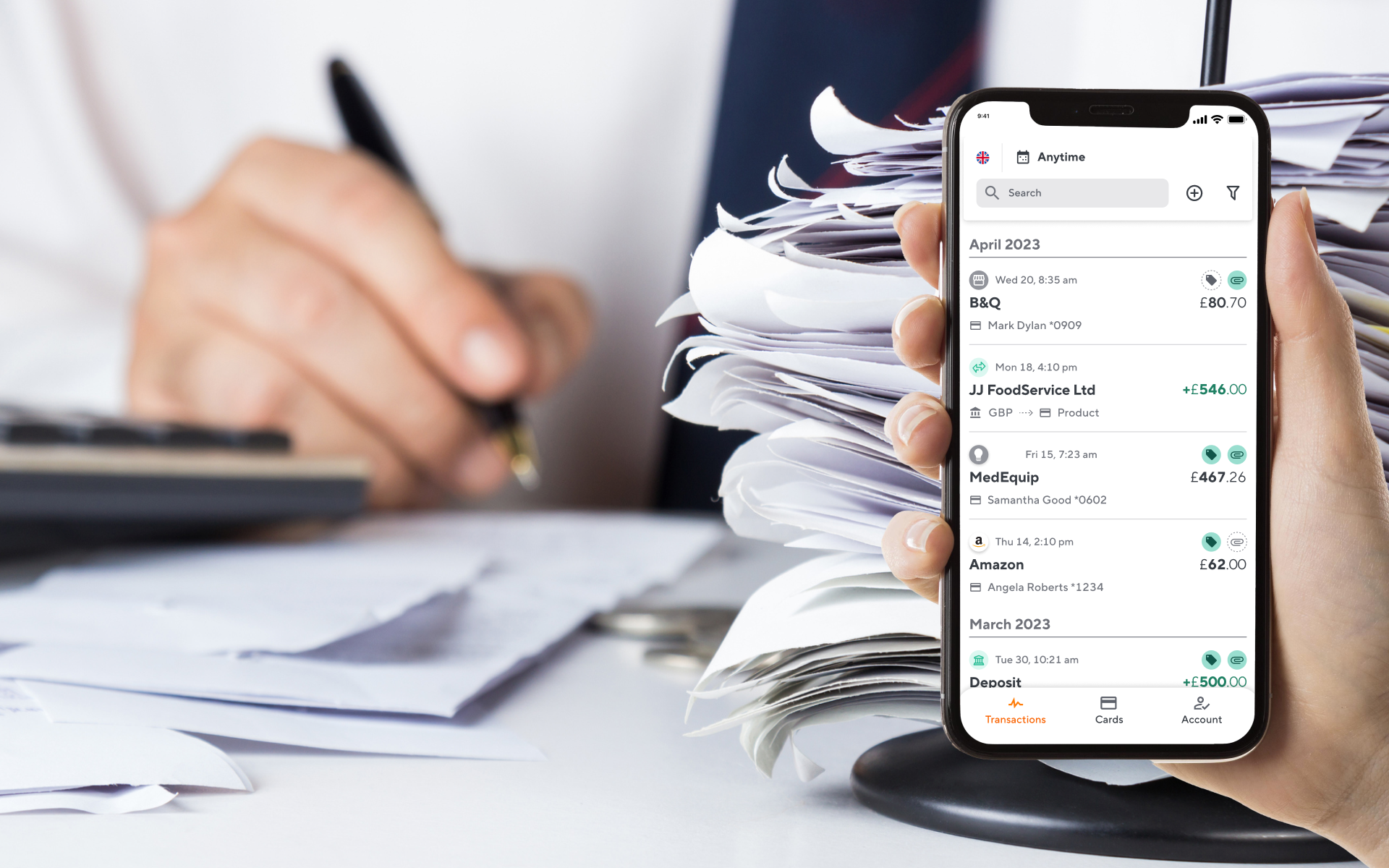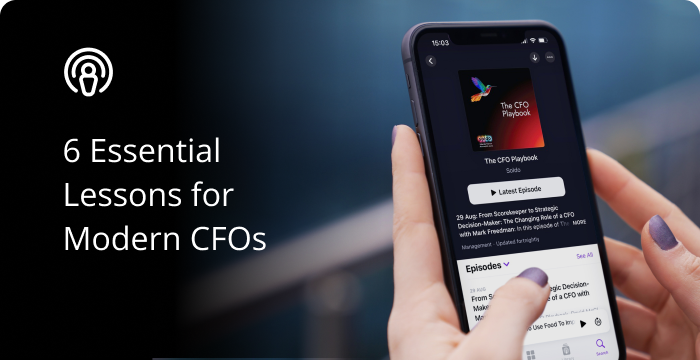Every business has expenses
In this article, we explain how business expenses work and suggest some tips for managing your expenses effectively.
In a successful company, the directors will be keen to maximise profits and keep strict controls on overheads. Expenses – from paying the rent for offices to the fuel for the company cars – are a necessary part of every business. Successful businesses ensure that company spending is closely monitored; that they comply with the tax rules, and they are accurately recorded.
What can you claim in expenses?
A limited company with an office and employees will incur expenses every day. The running costs of the business, including rent, rates, utility bills, business insurance, telephone costs and internet charges can all be claimed in expenses.
In short, any expense which involves the running of the business can be claimed. This includes salaries, cost of goods you buy for your business, interest on business loans, certain travel expenses, accommodation, subscriptions and professional services. All these are known as allowable expenses, which means that they are eligible as a deduction against profits. It is essential to monitor these expenses closely because they have a significant impact on the profitability of a company and any final tax bill.
Paying expenses
The major expenses – such as the office rent, insurance and utility bills – can be paid directly from a business bank account. These can be straightforward to monitor and record.
Individual employees can also incur expenses and often involve them spending money which will be reimbursed by the company. It can be challenging for the company and its employees to manage employee expenses.
Managing expenses
It is crucial that any business has a clear expenses policy which explains which expenses are allowable for employees and how to claim them. It can be an onerous and time-consuming process to manage costs at the best of times but adding disagreement and debate relating to invalid expenditure claims only serves to exacerbate the situation.
The traditional model in which employees spend their own money and submit an electronic claim form for reimbursement has several disadvantages.
The first is that it wastes time. Employees need to record their expenses and keep all relevant receipts diligently. You may require a petty cash fund for paying some costs. The payments then need processing, with incorrect claims sent back to employees for checking and re-submission.
At Soldo, we offer a solution which ensures expenses are processed quickly and efficiently. We provide pre-paid business cards so that employees never have to pay with their own money and wait for reimbursement. There is also no risk of the employees losing receipts and ending up out of pocket.
The Soldo employee app and an administrator web console ensure that employees’ expense reports are automated. This significantly improves upon the traditional time-consuming approach of manual expense submission.
Credit cards
Some companies offer business credit cards for senior staff. It can be difficult to track spending on these cards across an organisation, and it can take days to replace them if lost. The Soldo solution is proving popular with businesses because our prepaid cards address the limitations of traditional credit cards:
- The spending on the cards is tracked in real-time by the administrator console.
- Soldo prepaid cards can be handed out to as many employees as you wish, each card with its own limits and rules.
- You can freeze a card immediately if it is lost, with a replacement arriving in no time.
- You can move money around instantly for free and switch cards on and off instantly.
Financial management
Soldo offers a fast and easily implemented solution to improve the financial management of any company. There are no end-of-month surprises for the finance team because spending has been tracked throughout the month.
The limits mean you are never going to be caught out. You can quickly spot any changes in the spending pattern to pre-empt fraud and to keep your company finances and budgets on track.
The console helps you to identify trends in spending, allowing you to isolate data by individual or spending type. It provides insights that can help your business to grow.
Learn more about our prepaid cards for business here, or contact the experts at Soldo today.















